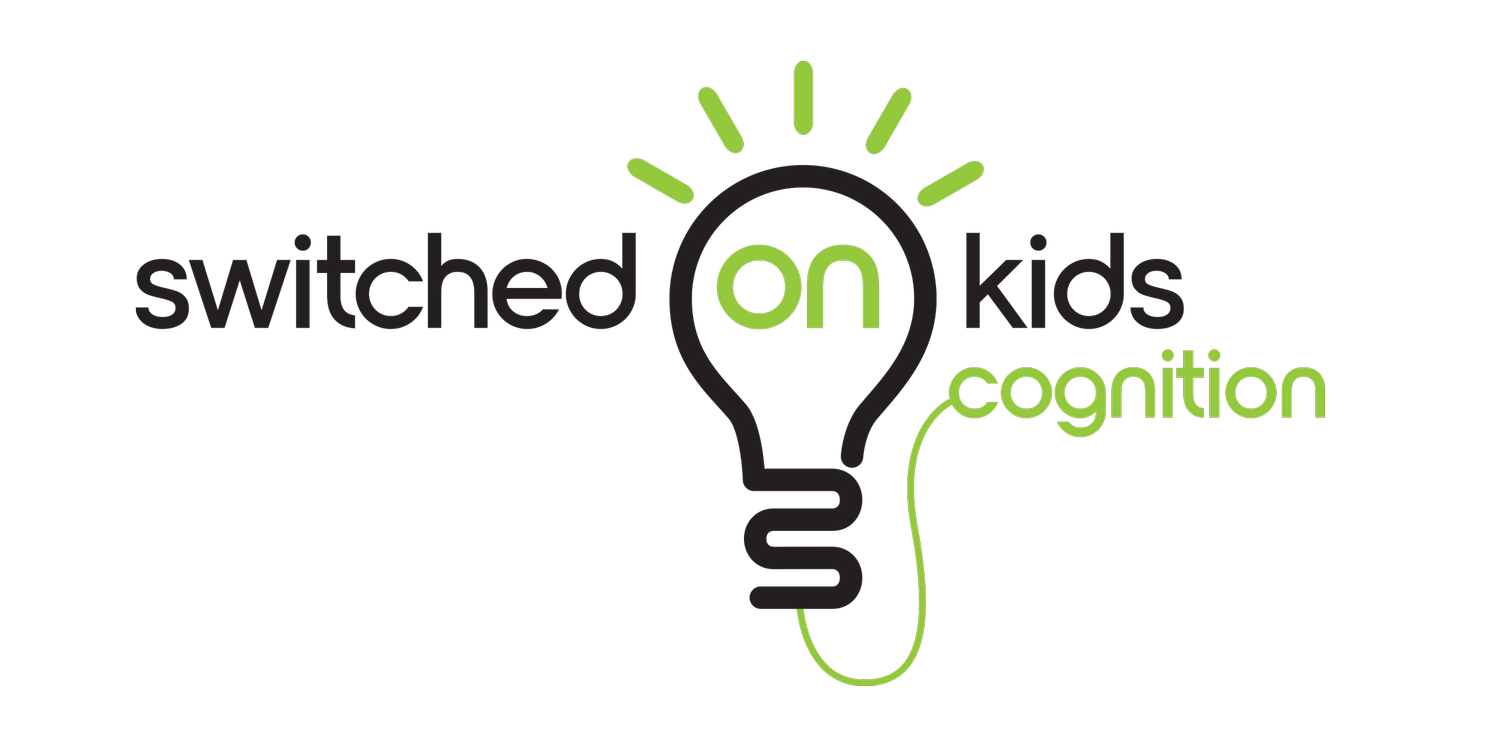The executive function skills we want for our kids!
With two kids of my own and a small business dedicated to helping kids, I think a lot about what it is we REALLY want for our kids. Here are a just a few of the things I have come up with - and funnily enough - all of these things are achievable with well-developed executive functioning skills:
The ability for them to confidently make their own decisions without getting stuck, “frozen” or confused (the term for this is being “cognitively flexible”).
The ability to "go with the flow", embrace change and new experiences and cope with minor disruptions to routine (again, this relies on being “cognitive flexible”).
The ability to perform non-preferred tasks without complaining (or minimal complaining :)). This means accepting and persevering when tasks are boring (perseverance, future thinking and planning).
The ability to regulate screen time and understand that screens are addictive (self-motivation, impulse control).
The ability to delay gratification and accept that it does not have to all happen now. This is a tough one for kids who find it difficult to plan and see into the future. Compare kid 1 who spends all his pocket money on slime and lollies to kid 2 who after 5 weeks has $50 (impulse control, future planning).
Independence! This means having strong short-term memory, working memory and strategies to remember. Kids must know that we cannot remember every mufti day, sport day or when their homework is due.
The ability to be less prompt dependent and more able to do things on their own without constant reminders (verbal working memory, planning, organisation).
The realisation that mistakes are okay (cognitive flexibility, impulse control).
The ability to solve problems creatively (planning, problem-solving).
The ability to have meaningful friendships. This does not mean having lots of friends, rather it means being able to decide which friendships are rewarding and meaningful and which friendships are conflictual and best avoided (self and emotional-regulation).
The ability to regulate emotions. Self-regulation is top of the cognitive pyramid and I don’t expect it to come easily to my children, however we work every day on strategies to avoid cognitive overload and meltdown. As soon as someone is sick, “hangry”, or the house is too noisy everyone’s ability to regulate emotions is challenged!
For them to be happy. This is different from them having an easy or perfect life. Kids who face adversity and succeed can still be happy. I originally put this at the top of the list but realised that if the other goals were achieved then, we would likely have a happy child!
Every item is a work-in-progress in my house. But every little win makes life and learning just that much easier!
To learn more about my 1:1 services, please see HERE.


